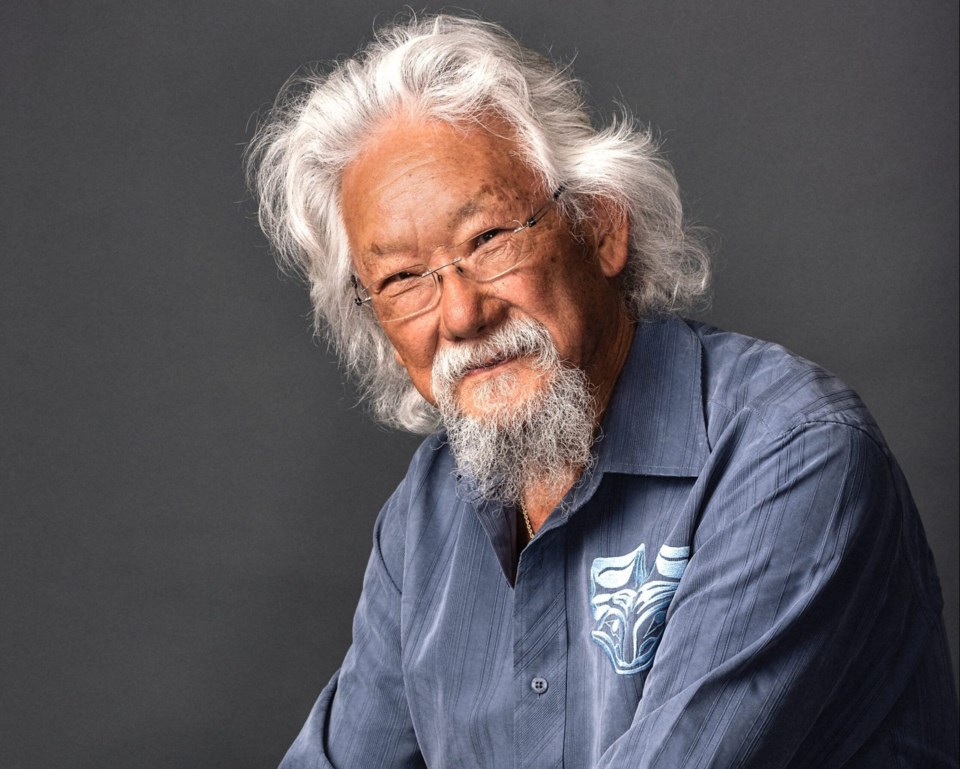It’s good to see ideas such as increasing self-sufficiency and diversifying trade partners emerging in response to U.S. attacks on Canada’s economy and threats to our sovereignty. As usual, though, the fossil fuel industry and its supporters are taking advantage of this “crisis” to push for more oil and gas infrastructure, particularly pipelines.
Expect more pipeline pushing when Prime Minister Mark Carney meets premiers in Saskatoon on June 2 — especially from Alberta, which always prioritizes the fossil fuel industry. Alberta’s leaders whine that Ottawa does nothing for the province, but choose to ignore the pipeline expansion project the federal government bought with our tax dollars — its initial $4.5 billion cost ballooning to more than $34 billion on completion in 2024 — or the massive subsidies it still offers to exorbitantly profitable fossil fuel companies.
With the Trans Mountain pipeline expansion completed — the only one that can carry Alberta bitumen to tidewater without crossing into the United States — talk has been heating up about reviving the Energy East pipeline. Even Quebec’s government, once adamantly opposed to further fossil fuel development, has signalled interest.
Prime Minister Mark Carney has also expressed support. The Conservatives made pipeline promotion a key part of their federal election platform and promised to repeal Canada’s Impact Assessment Act, under which regulators can consider projects’ environmental and social effects.
Energy East would transport diluted bitumen — almost all of it destined for export — from Alberta and Saskatchewan to port terminals in New Brunswick, crossing six provinces and the traditional territories of 180 Indigenous communities. (Thick, tarry bitumen must be diluted with a mix of gases and chemicals to allow it to flow through a pipeline, making it more toxic and volatile.) Other pipelines, including for fracked gas, have also been proposed.
That most of the bitumen from the existing Trans Mountain pipeline or an Energy East pipeline is or would be for export puts the lie to claims that more pipelines will make us more self-sufficient. Selling off all our fossil fuel resources as quickly as possible might be a way to create a short-term economic boost and some jobs, but it will eventually drive up domestic energy costs and exacerbate environmental havoc.
When we export the fuels, we don’t even have to think about the greenhouse gas emissions they’ll release when they’re burned… somewhere else. Canada doesn’t have to include those numbers in its emissions reporting.
We have far better, more cost-effective ways to increase national self-sufficiency and quality of life for everyone in Canada — and meet our international climate commitments. A true nation-building project would be to create a renewable-powered integrated electricity grid throughout the country.
Experts and organizations including the International Energy Agency state unequivocally that the world can’t afford new long-term oil and gas projects if we want to limit warming to avoid severe climate consequences. We need to move as quickly as possible to cleaner energy — that means building the infrastructure to support it.
Shifting rapidly to renewables and building a clean, connected, community-led electricity system would create immediate jobs and economic opportunities, lower utility costs, increase energy independence and give us healthier and safer land, water and air.
Expanding and locking our country into fossil fuel production, transport and use for decades to come as the world shifts to cleaner energy is a grave mistake. Much of this infrastructure could end up as stranded assets — obsolete before their time. It also keeps us chained to volatile fossil fuel markets and the whims of greedy CEOs and erratic politicians. And every bit of gas, oil or coal that we dig up and burn puts us that much closer to climate catastrophe.
The David Suzuki Foundation has produced detailed research demonstrating that Canada could have 100 per cent emissions-free electricity by 2035 “without relying on expensive and sometimes unproven and dangerous technologies like nuclear or fossil gas with carbon capture and storage.” Using wind, solar, energy storage, energy efficiency and interprovincial transmission, Canada could meet growing demand as economy-wide electrification increases.
Pipelines and polluting fuels are the past. Renewables are more efficient and cost and pollute less. With Canada’s educated population and skilled workforce, we could lead the way in showing that a rapid and just transition to clean energy is possible and beneficial.
Let’s get to work!
David Suzuki is a scientist, broadcaster, author and co-founder of the David Suzuki Foundation. Written with David Suzuki Foundation Senior Writer and Editor Ian Hanington.
Learn more at davidsuzuki.org.



